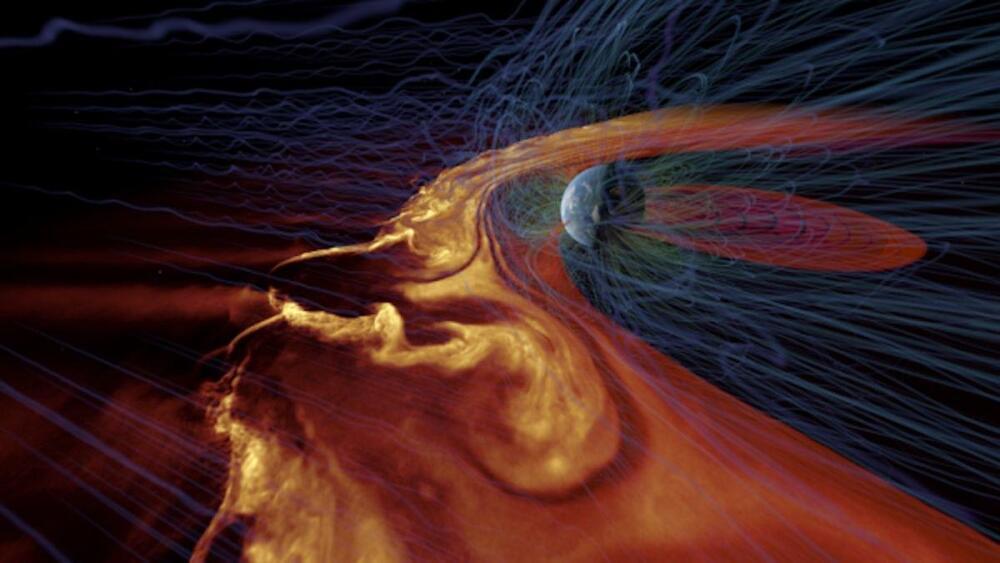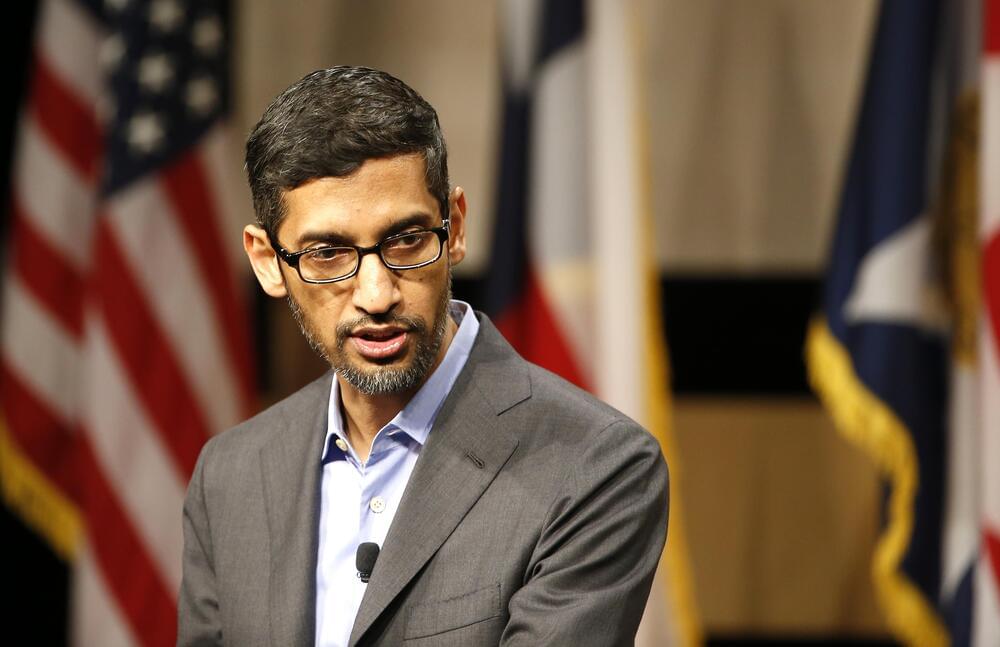The earliest artificial neural network, the Perceptron, was introduced approximately 65 years ago and consisted of just one layer. However, to address solutions for more complex classification tasks, more advanced neural network architectures consisting of numerous feedforward (consecutive) layers were later introduced. This is the essential component of the current implementation of deep learning algorithms. It improves the performance of analytical and physical tasks without human intervention, and lies behind everyday automation products such as the emerging technologies for self-driving cars and autonomous chat bots.
The key question driving new research published today in Scientific Reports is whether efficient learning of non-trivial classification tasks can be achieved using brain-inspired shallow feedforward networks, while potentially requiring less computational complexity.
“A positive answer questions the need for deep learning architectures, and might direct the development of unique hardware for the efficient and fast implementation of shallow learning,” said Prof. Ido Kanter, of Bar-Ilan’s Department of Physics and Gonda (Goldschmied) Multidisciplinary Brain Research Center, who led the research. “Additionally, it would demonstrate how brain-inspired shallow learning has advanced computational capability with reduced complexity and energy consumption.”






